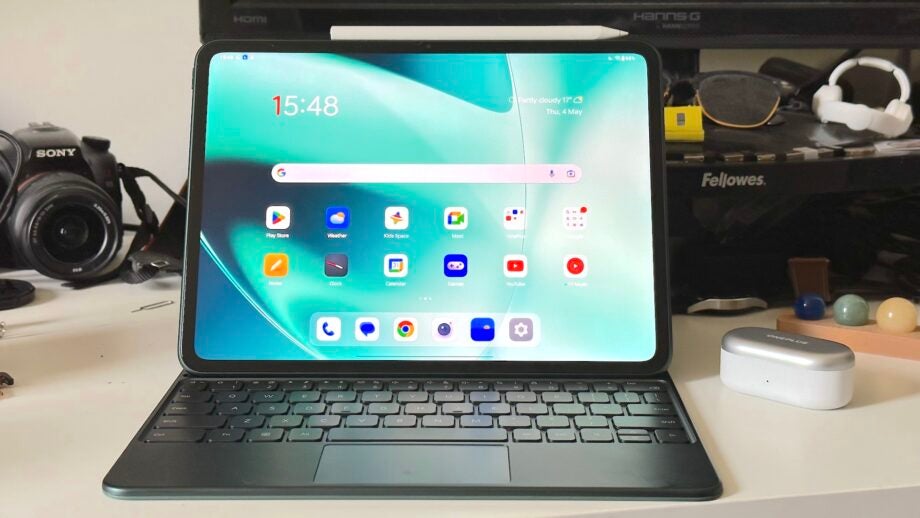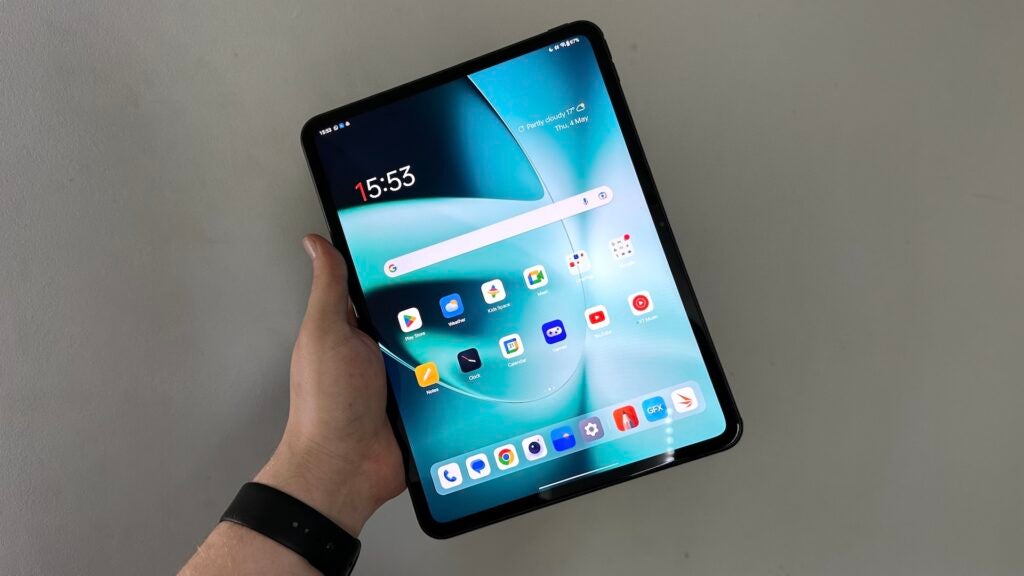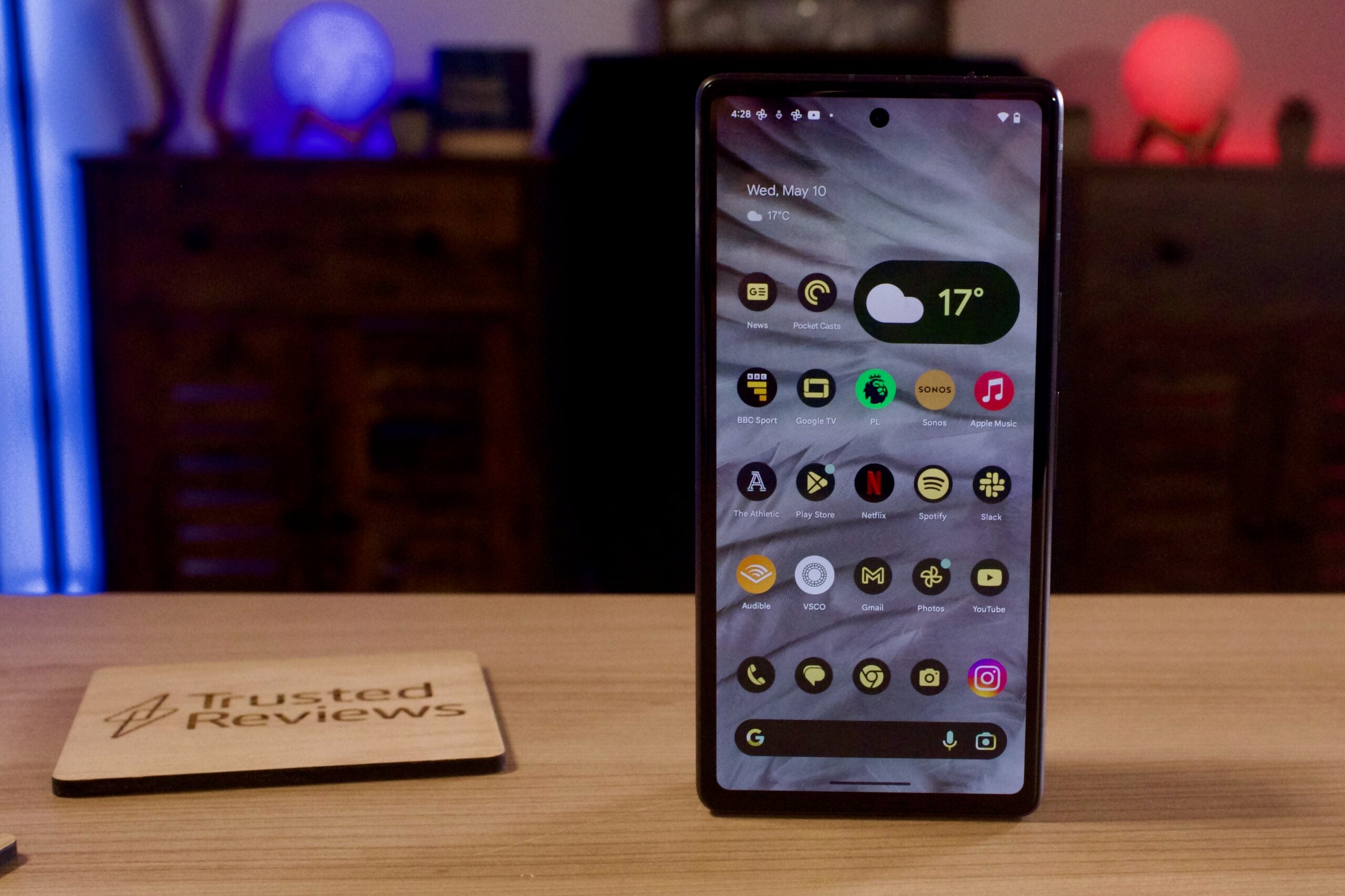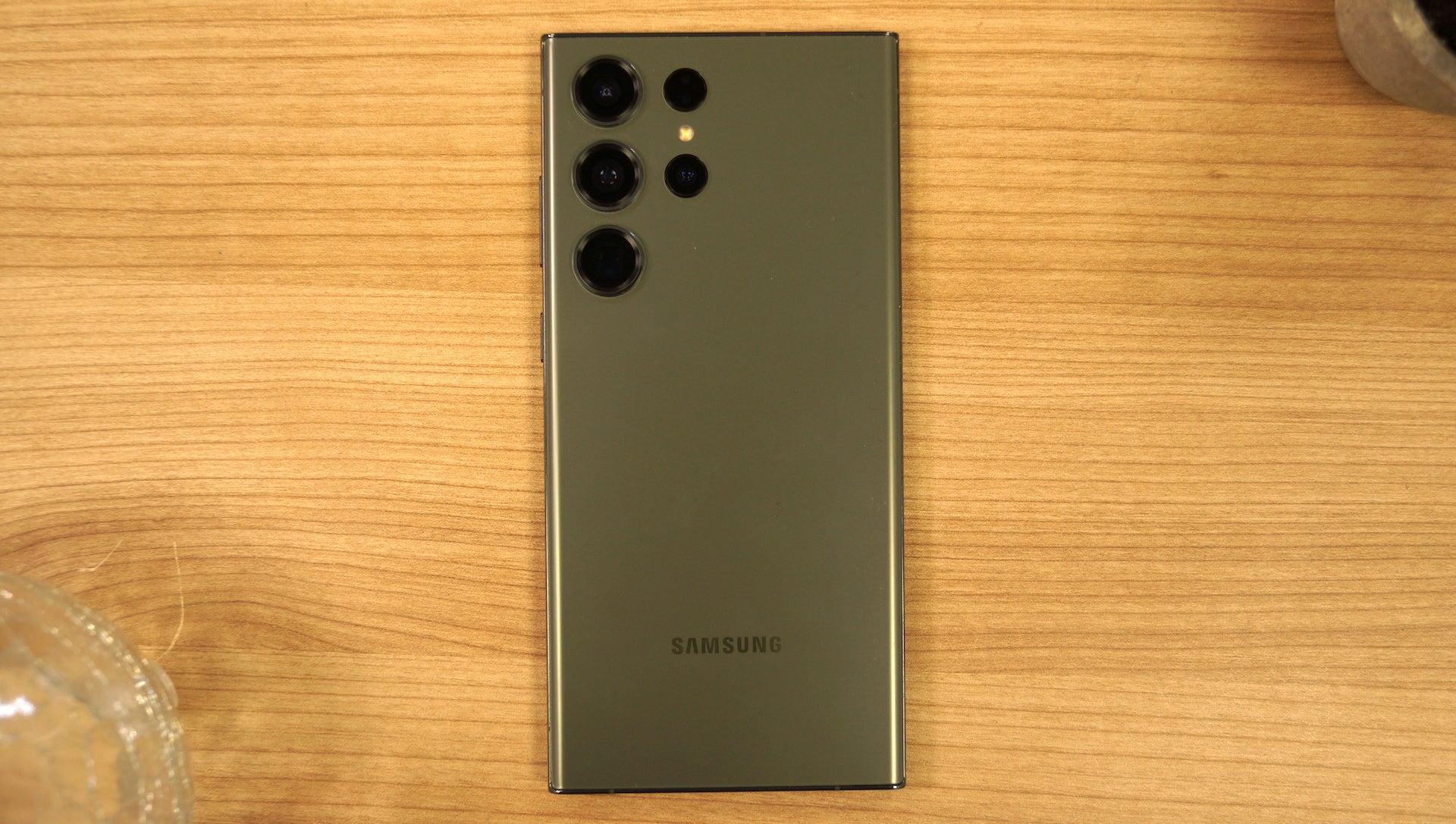Exclusive: OnePlus sheds light on the future of tablets and why laptops aren’t a focus

OnePlus released its highly anticipated tablet, the OnePlus Pad, earlier this year. The £449/$479 tablet is a tempting option for Android tablet fans, boasting a super-smooth 144Hz display, great battery life and optional keyboard and stylus accessories.
The question is, what’s next for the company? Will it release a budget-focused tablet? What about laptops? Now that OnePlus isn’t just a phone (and, to be fair, audio) company, the possibilities are endless.
With so many questions surrounding the future of OnePlus and its plans, Trusted Reviews was given the opportunity to talk with Kinder Liu, President and COO of OnePlus, who helped shed some light on the company’s plans for tablets and why it’s not making a tablet anytime soon.
Given the focus that OnePlus has put on budget and mid-range smartphones over the past few years, usually under the Nord brand, I suspected that the company might also attempt this in the tablet space. After all, there are plenty of extremely popular cheap tablets, usually in the form of the Amazon Fire tablets, and Amazon does have a bit of a stronghold on the budget tablet market.
However, that doesn’t seem to be the case – unless the fans ask for it, that is. Liu explained that the “focus remains on the higher end of the price segment, but if feedback suggests that a lower-spec and more affordable [sic], we are open to exploring it”.
“It is very early days in the category for us”, Liu teased, suggesting that plans could very well change in future. But given the popularity of the mid-range OnePlus Pad, it’s likely that’s the kind of success they’ll want to replicate.

Okay, so if not tablets, then what about laptops? If OnePlus wants to create an ecosystem of devices that rival the likes of Apple and Sony, it’ll surely need some kind of laptop, right? Apparently not.
“Our vision for technology puts smartphones and tablets as the primary devices for people to work and play, meaning that PCs and laptops are not something we’re exploring currently.”
There is some logic to the apparent madness though, and it’s down to an ever-changing desire from consumers. Liu explained that “technology is constantly evolving and that’s never going to change. What is relevant and ‘essential’ to consumers today may not be in 5, 10 or 20 years from now.”
That is a fair point – I’m sure that people thought the idea of a foldable smartphone would’ve been unattainable as recently as 10 years ago – but what about until that point? I guess short-term gains aren’t the name of the game for OnePlus.
Oh, and as a fun aside, I couldn’t help but ask Liu just why the OnePlus Pad didn’t ship with a charger despite many tablets still providing bricks in the box, and especially when one of the tablet’s key features is fast charging.
I suspected in my review that it was down to the fact that it’s mainly OnePlus fans buying the Pad and that many will already have a fast charger from their phones, and it seems like I was on the money. As Liu explains, “Our core audience for our tablet in Europe is looking for a value from their device: flagship features, without flagship prices. They’re also likely to be existing OnePlus users.”
“We therefore have taken the decision to take the charger out of the box in Europe to keep the upfront RRP as low as possible, but also encourage existing OnePlus customers to use chargers they’ll already own on this device,”
It does make sense given the dedicated OnePlus fanbase, many of which have been fans since the launch of the OnePlus One, but that could also have the reverse effect of putting off those who don’t already have a OnePlus device.
Additional reporting by Max Parker








